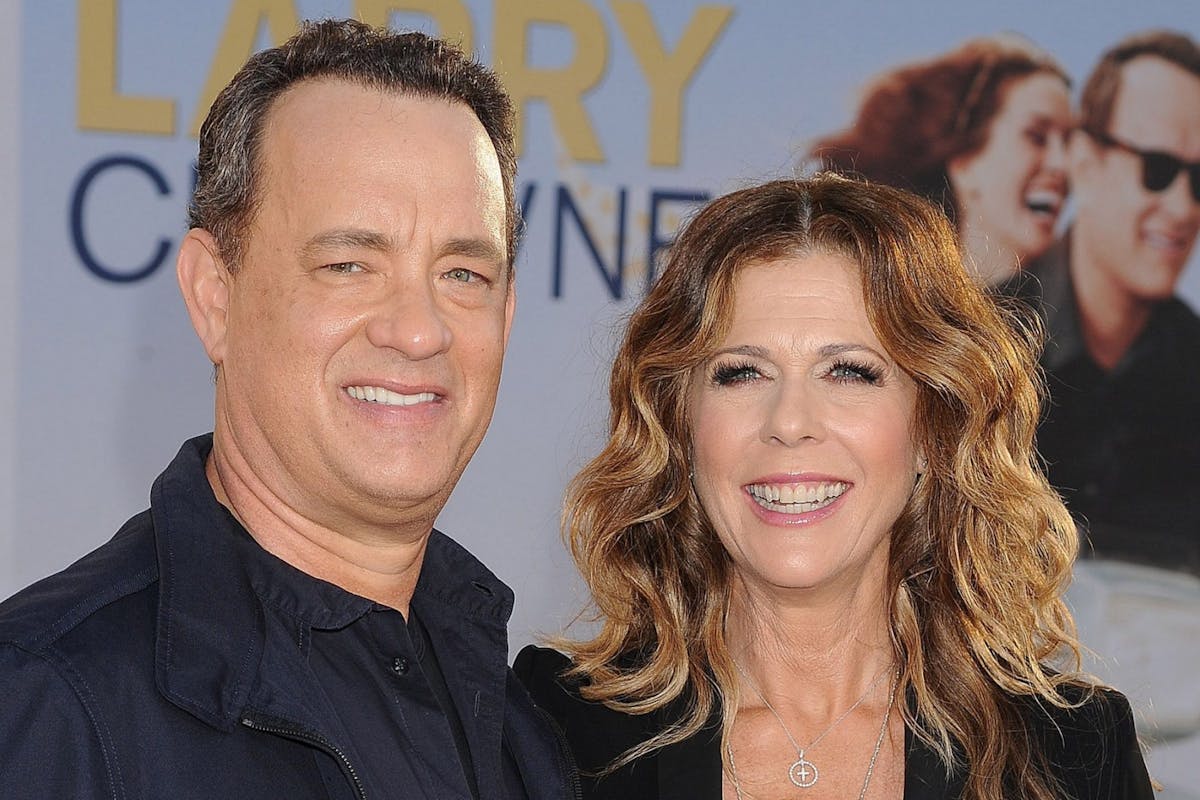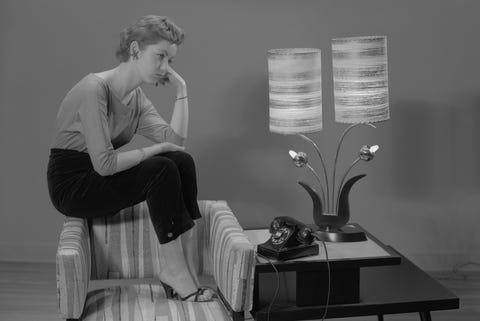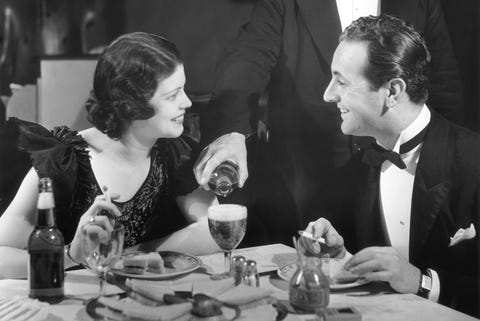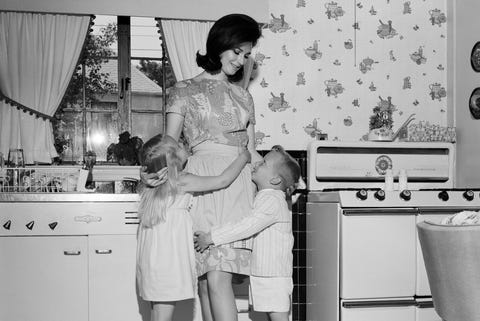Divorce is often a difficult journey and whilst that journey varies from person to person, almost everyone only reaches their Divorce Monday after having tried harder than most people can imagine possible. Whilst there's no denying that divorce is a hard path to take, it's certainly no failure.
Did you know January is the most popular month for getting divorced? Over twice as many people file for divorce in January as file for it in the second most popular month - September. Divorce Monday - the most popular day for a divorce - falls on the first working Monday of the month. It must be the come down from all that turkey and chocolates, and to be fair there's always a bit of a lull in the office that day - I guess people need to fill their time somehow.
The mainstream media tells it how it is.Divorce Monday reflects all that is wrong with society 'nowadays'; a society where people are unwilling to put in effort, where couples walk away from commitments too easily and flit from one bad decision to the next searching for instant gratification. Many countries, including the UK, don't allow no-fault divorce, fearing it encourages higher divorce rates.
Some campaigners have suggested solutions to these problems. Limits should be introduced on when you can petition for a divorce. Divorce Monday may become Divorce Tuesday. Perhaps we could keep limiting it until we run out of days in the week. In fact, a disproportionate number of people who divorce got engaged at the weekend - let's cancel those too. Why stop there though? Marriage is the root of all these problems, without it there'd be no divorce. Let's just be done with it and scrap marriage (*JOKE*).
My own Divorce Monday came over two years ago. It's been one hell of a journey since then, and of course it started well before the day I sent off that paperwork. Divorce is not a good thing in and of itself, just as it's not a universally bad thing. Divorce is an outcome for many people which they need. It is a result which only they can know if it is right for them, and only they can know when it is right for them. For many people, that will be this January.
It is sad that Divorce Monday exists, I don't deny that. Believe me, I've shed enough tears to know divorce is tough. It's not sad because of some imagined blight divorce represents on our society though. It's sad because it represents the end of someone's hopes and dreams and it often hides many months, if not years, of unhappiness at best (and much worse for many). Divorce is often a difficult journey and whilst that journey varies from person to person, almost everyone only reaches their Divorce Monday after having tried harder than most people can imagine possible. Whilst there's no denying that divorce is a hard path to take, it's certainly no failure.
So if you are one of those getting divorced this January I want to tell you this.
Getting divorced will be the hardest and most rewarding thing you have ever done. It may sound strange to call a divorce rewarding, but I'm guessing you ain't happy with how things are going and you haven't been for quite some time. Lots of people contemplate divorce but decide it isn't right for them. None of us get that far into the idea of divorce without good reason. I have no idea what yours may be. A loveless marriage. Constant arguing. Abuse. Boredom. Infidelity. Addiction. The list goes on. It doesn't matter your reason. It just matters that it's yours. Filing for divorce represents an end of hope. An end to the belief that things will get better. Maybe the hope was extinguished suddenly, or perhaps you've finally realised it's been dying for some time now. The one thing I know for certain though is that hope keeps us in a bad marriage more than love ever could.
If you are getting divorced this month just remember you're not alone. This will be a tough path to take but in time your life will become happier. Not just happier from now, in the first days of divorce, but from how it was in the last days of marriage. After all, that's what divorce is about. It is not about walking away, giving up, making a bad decision or whatever else others want to claim it is, it's about getting out of an unhappy/ unhealthy/ un-[insert your adjective of choice] marriage. It can be a long journey but you will find the strength. To those divorcing this January, I wish you the best of luck with it.

















